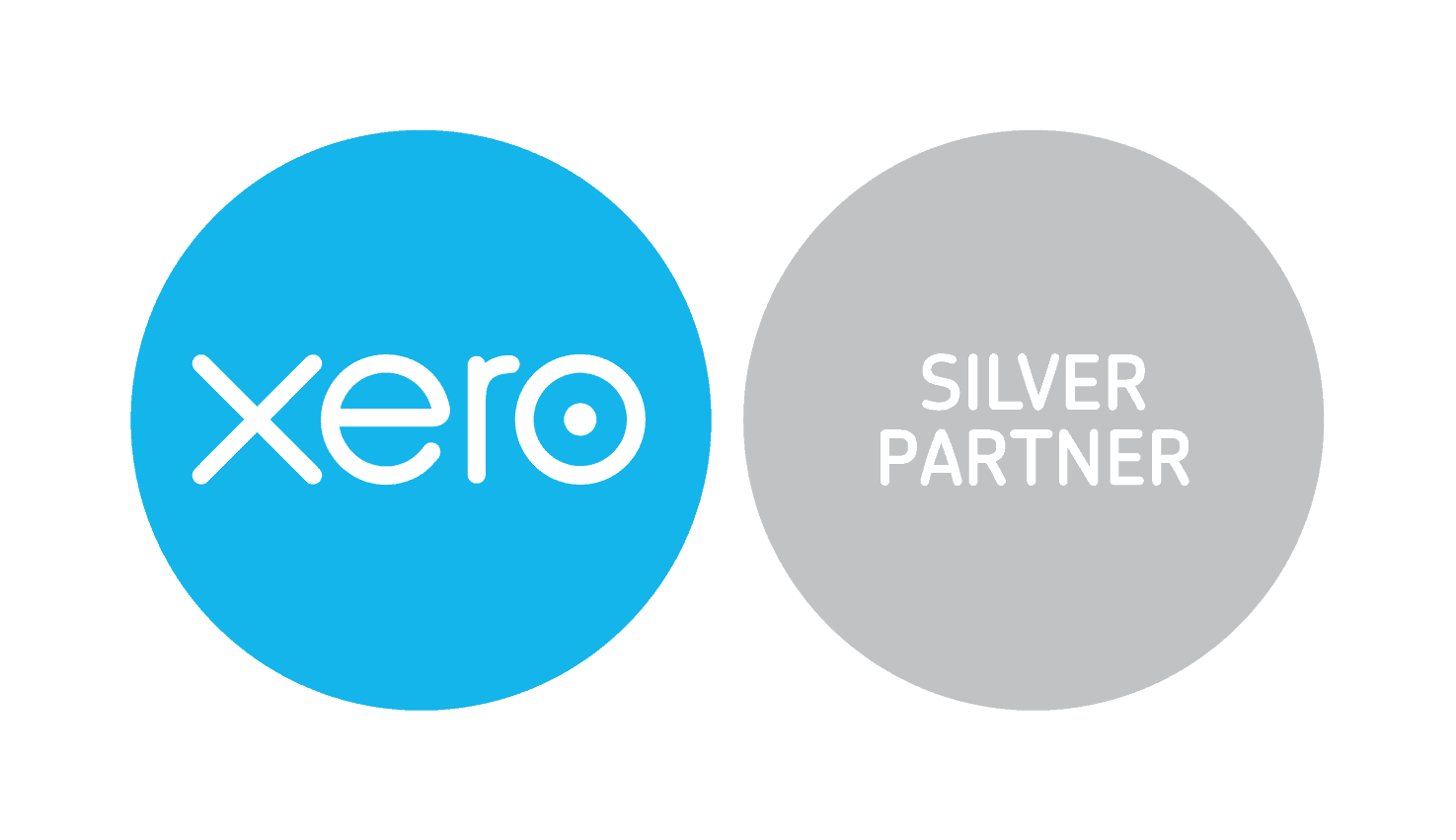Not All Debt is Created Equal: Leveraging Debt

Going into debt can be risky.
But having debt is not shameful. Many people take on debt to buy vehicles, houses, and other high-cost personal items. Similarly, entrepreneurs often borrow money to buy equipment, space, supplies, and as working capital funds to open and operate their businesses.
More often than not, people and business owners owe money to multiple creditors, and that is completely normal. It is also normal to feel overwhelmed by your total debt or monthly payments.
We get it. We have worked with entrepreneurs in all stages of their personal and professional financial lives, and we know that debt is a part of life; it is nothing to be ashamed of. In fact, debt can be managed, consolidated, reallocated, and even leveraged!
2 Unconventional Ways to Categorize Debt
In our last blog post, we defined debt and broke it into secured and unsecured categories based on whether or not the debt is backed by collateral assets.
However, there is another, less conventional way to categorize debt - as healthy or unhealthy debt.
- “Healthy” Debt
We classify healthy debt as money you owe on things that enables you to build wealth, generate income, or increase your net worth.
Even though student loans are not backed by collateral assets, we place them in the healthy debt category because they help you get the education you need to go into a career and earn an income.
We categorize real estate loans as healthy debt because land and property typically appreciate over time. The equity you gain increases your net worth and can be cashed into liquid assets when you sell or refinance. If you own commercial property, you can also earn passive lease income on a monthly basis.
We label much of the debt business owners take on as healthy debt, too. Loans entrepreneurs use to start their businesses, improve their businesses, or equip their businesses fall into this category.
- “Unhealthy” Debt
We classify unhealthy debt as money you owe on depreciating assets or consumable items that does little to improve your net worth or earn you an income.
Even though vehicle loans are secured with collateral assets, we call these unhealthy debts because most vehicles lose their purchase value quickly and the vehicles themselves do not make you or your company any money.
We also lump credit card debt into this category because most people and business owners use their credit cards to pay for consumable things like food, clothes, entertainment, office supplies, fuel, advertising, and the like. You cannot trade your credit card debt for cash value, and you cannot reproduce things you have already eaten, worn, or used in exchange for credit.
By breaking the money you owe creditors into “healthy” and “unhealthy” debt, you can make better financial decisions for your business.
How to Leverage Debt
You can also leverage your debts to qualify for lower interest rates, tax benefits, and tax deductions.
Credit bureaus calculate your scores based on your debt to income ratios, your credit history, your payment history, your mix of secured/unsecured debt and revolving/installment loans, and your credit application history.
The higher your personal and business credit scores are, the less risk you pose to lenders. Therefore, creditors are more likely to offer you lower interest rates and higher credit limits which saves you money.
Using debt to purchase assets that will produce taxable income for your business can also lower your tax dues and increase your tax benefits. That saves you money and allows you to put your cash toward other investment opportunities.
Now What?
We know that you may have mixed feelings about debt. But to start a business, keep it going, and keep it relevant, most business owners will go into debt.
Before you take on new debt, though, try asking yourself this question:
Will your investment earn you more than the loan for it cost you?
Every business owner’s debt situation is unique, but that does not mean you should be ashamed of your debts. If you need help managing, reallocating, or leveraging your debts, give us a call. We would love to reassure you and help you use debt to your advantage!





